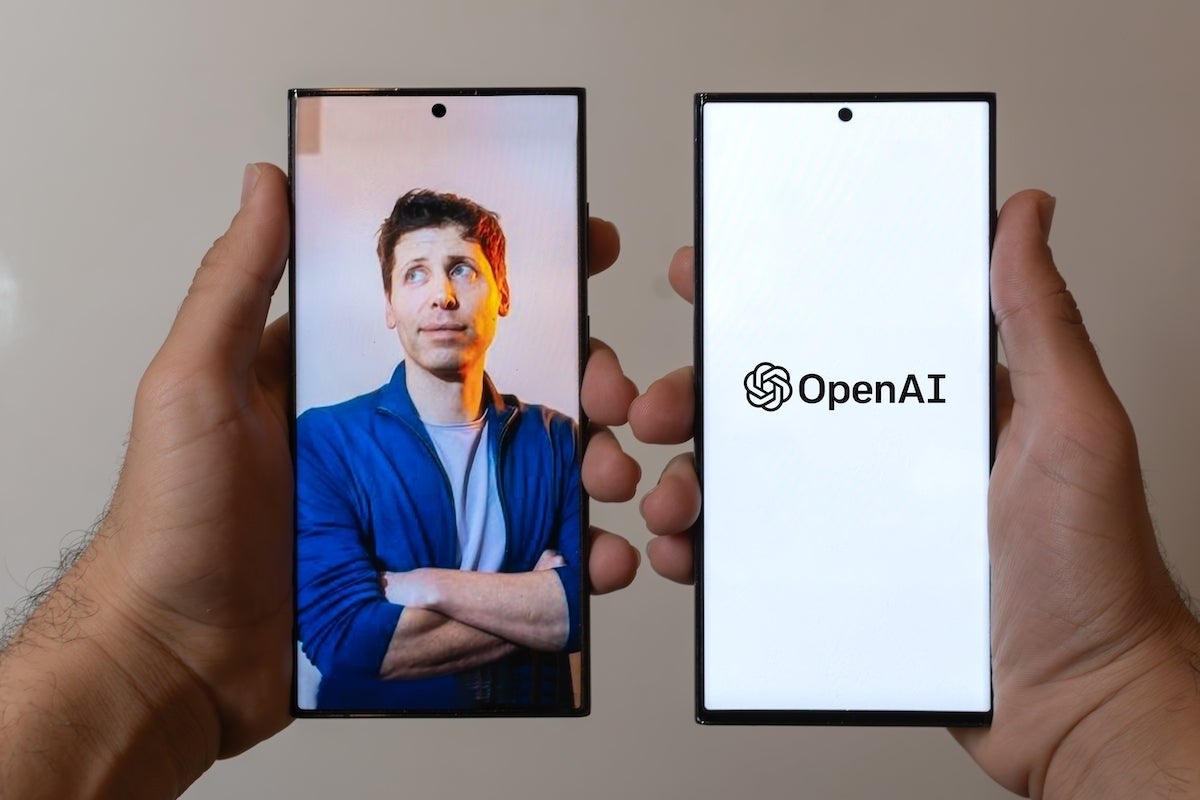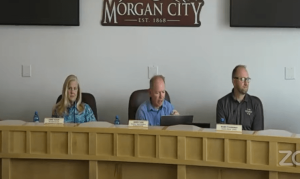
Elon Musk, one of OpenAI’s founding board members and investors, has filed a lawsuit against the company and its CEO Sam Altman, alleging that the now Microsoft-financed creator of ChatGPT has breached its founding mission.
“This case is filed to compel OpenAI to adhere to the founding agreement and return to its mission to develop artificial general intelligence (AGI) for the benefit of humanity, not to personally benefit the individual defendants and the largest technology company in the world,” the lawyers wrote as part of the suit.
The lawsuit, filed in the Superior Court of California in the County of San Francisco, alleges that OpenAI and its cofounders Sam Altman and Gregory Brockman breached the company’s founding agreement in 2023 by keeping GPT-4’s internal engine secret.
The founding agreement of OpenAI, according to the lawsuit, lays down that the lab, which later transformed into a company, would be a non-profit developing AGI for the benefit of humanity and not for a for-profit company seeking to maximize shareholder profits.
It further stated that the artificial general intelligence (AGI) developed would be open source, balancing only countervailing safety considerations, and would not keep its technology closed and secret for proprietary commercial reasons.
Musk’s suit alleges that Altman, following his ouster in November, joined hands with Microsoft, one of OpenAI’s bigger investors, to return to the company and remove board members that wanted to keep to the founding agreement, including chief scientist Ilya Sutskever.
“To this day, OpenAI, Inc.’s website continues to profess that its charter is to ensure that AGI “benefits all of humanity.” In reality, however, OpenAI, Inc. has been transformed into a closed-source de facto subsidiary of the largest technology company in the world,” the suit stated.
“Under its new Board, it is not just developing but is actually refining an AGI to maximize profits for Microsoft,” Musk’s lawyers wrote in the suit, alleging that OpenAI’s current board “lack substantial AI expertise” and are ill-equipped to determine whether OpenAI is near to achieving AGI.
The reasons for his concerns about AGI are reflected in the lawsuit as well. Musk claims that although he was in favor of developing AGI for humanity, he has iterated several times that the technology needs to carefully handled and regulated.
The SpaceX and Tesla CEO had signed a letter in May last year along with other members of the Center for AI Safety that warned that AI evolution could lead to an extinction event and suggested that controlling the technology should be a top global priority.
The lawsuit also tries to clarify and challenge Microsoft’s partnership with OpenAI and says that the former has obtained no rights to AGI and Microsoft’s license only applied to OpenAI’s pre-AGI technology or rather its GPT-3 large language model.
However, Microsoft has infused many of its products with different flavors of its generative AI-based assistant, Copilot, which is underpinned by GPT-4 as well.
The lawsuit seeks at least seven counts of actions against defendants OpenAI and Altman, including making judicial determination on whether GPT-4 constitutes AGI and is thereby outside the scope of OpenAI’s license to Microsoft.
Musk also wants the court to determine whether Q and/or other OpenAI next generation large language models (LLMs) in development constitute AGI, making them outside the scope of OpenAI’s license to Microsoft.
The lawsuit can also be seen as a tactic by Musk to clear the path for the Grok AI model that he launched in November last year. Grok-1, which is the engine behind Grok, can be used for natural language processing tasks including question-answering, information retrieval, creative writing, and coding assistance.
Other relief sought via the lawsuit includes recovery of any monies received by the defendants from Musk while setting up and running OpenAI.
Copyright © 2024 IDG Communications, Inc.

